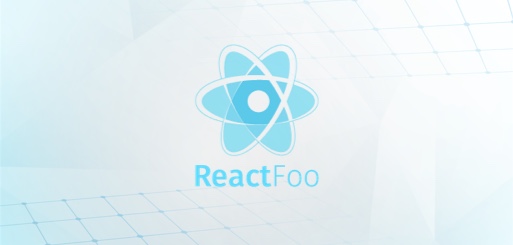
Aug 2018
13 Mon
14 Tue
15 Wed
16 Thu
17 Fri
18 Sat 08:35 AM – 04:55 PM IST
19 Sun
Rohit Dhall
@rohitdhall
Submitted Jun 23, 2018
Workshop title – Introduction to Software Performance Engineering and tools demonstration
Performance of a software system is very critical aspect for the system to be successful. With complexity of software systems increasing by the day, it becomes very difficult to properly manage performance aspect of the system. Software performance Engineering (SPE) provides structured approach of managing performance during every phase and activity of the software development project.
In this workshop, we will talk in details, about what SPE is, how it can be used in SDLC, Agile and other development methodologies.Then we will present some performance design patterns, best design practices. Finally we will have demo of using some of the performance tools, used in Java development eco-system, to identify, troubleshoot and fix potential performance problems in java applications.
Laptop with pre-defined setup ( for handson part,configurations setup doc will be provided)
Rohit is working as an Enterprise Architect with the Engineering and R&D Services division of HCL Technologies. He has more than 20 years of experience. He helps global clients build technical solutions to solve their complex business problems. His main area of expertise is architecting, designing, and implementing high-performance, fault-tolerant, and highly available solutions for leading Telco and BFSI organizations. He has worked with diverse technologies like Java/J2EE, client-server, P2P, DWH, SOA, Big Data, IoT, etc. He regularly writes white papers, articles and blogs and for various IT events, forums, and portals. He is also a coauthor of the IBM Redbook and Redpaper on ‘ITCAM for WebSphere’
{{ gettext('Login to leave a comment') }}
{{ gettext('Post a comment…') }}{{ errorMsg }}
{{ gettext('No comments posted yet') }}